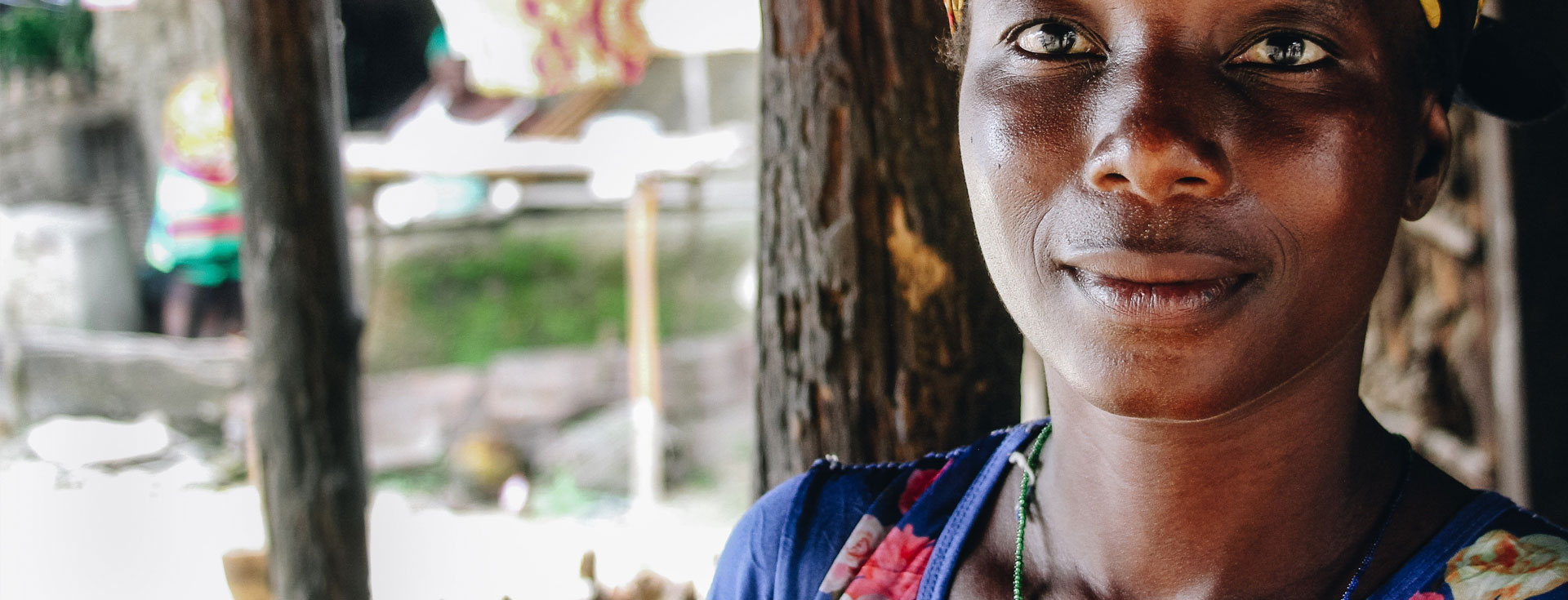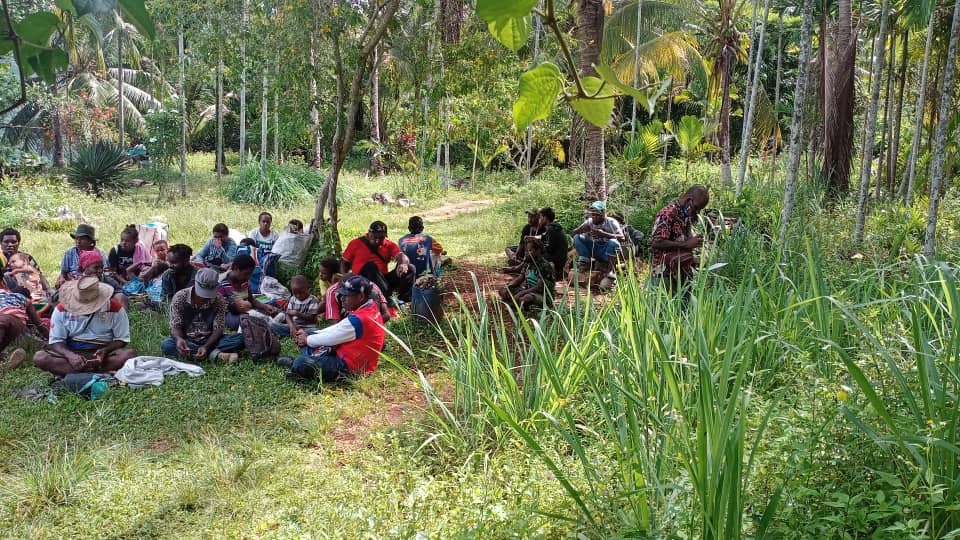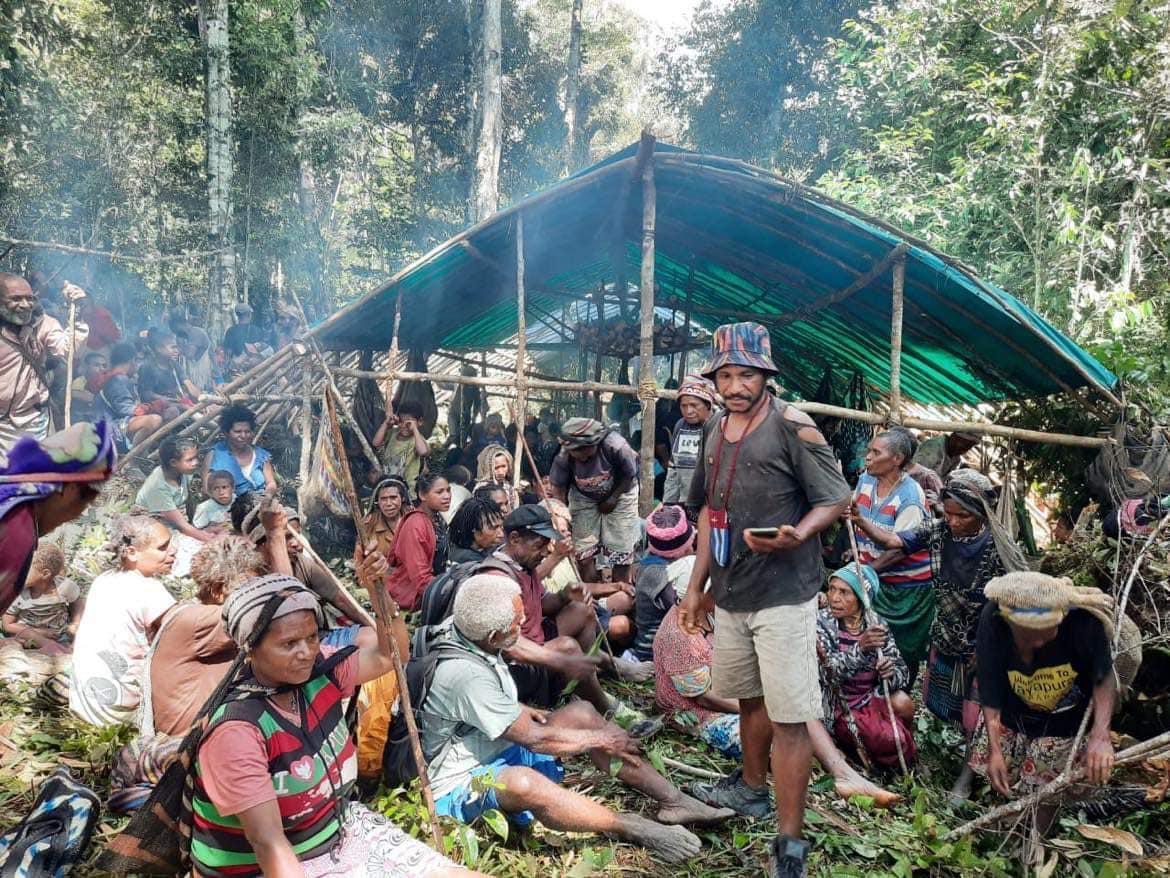Charity For Food
Lorem ipsum dolor sit amet, consectetur adipiscing elit. Aenean vel consectetur risus.
Read MoreCharity For Water
Lorem ipsum dolor sit amet, consectetur adipiscing elit. Aenean vel consectetur risus.
Read MoreGet Helps Child
Lorem ipsum dolor sit amet, consectetur adipiscing elit. Aenean vel consectetur risus.
Read MoreCharity For Food
Lorem ipsum dolor sit amet, consectetur adipiscing elit. Aenean vel consectetur risus.
Read MoreCharity For Water
Lorem ipsum dolor sit amet, consectetur adipiscing elit. Aenean vel consectetur risus.
Read MoreGet Helps Child
Lorem ipsum dolor sit amet, consectetur adipiscing elit. Aenean vel consectetur risus.
Read MoreProject Gallery
- Snow Removal
- Garden Care
- Gardening & Lawn
- Lawn Care
- Planting
About Our Company
The Landscaper is a full-service landscaping company with a straightforward and unique design/build philosophy. We believe in having one landscape designer handle the job from its conception on paper, to the realization on your property. The Landscaper is made up of a group of highly skilled landscaping professionals who pays a lot of attention to small details.
Customer Feedback
Talented Landscapers
Garden HUB Company is professional, creative and concept from knowledgeable. Dwayne our designer was patient, accommodating and experienced Michael Gregory worked with me to bring my concept from design to reality - providing much appreciated guidance laborious except to obtainHanan Innocent
WashingtonExcellent job, excellent workmanship
Garden HUB Company is professional, creative and concept from knowledgeable. Dwayne our designer was patient, accommodating and experienced Michael Gregory worked with me to bring my concept from design to reality - providing much appreciated guidance laborious except to obtainFedo Elweard
Los AngelesGreat ! Garden Designs and Maintenance
Garden HUB Company is professional, creative and concept from knowledgeable. Dwayne our designer was patient, accommodating and experienced Michael Gregory worked with me to bring my concept from design to reality - providing much appreciated guidance laborious except to obtainAstley Jenifer
CaliforniaDone Wonderful front yard transformation
Garden HUB Company is professional, creative and concept from knowledgeable. Dwayne our designer was patient, accommodating and experienced Michael Gregory worked with me to bring my concept from design to reality - providing much appreciated guidance laborious except to obtainMark Angelino
NewyorkLatest New
About 32 persons from West Papua have crossed over…
West Papua Refugee Relief Association (WPRRA) was established in…
Johnny Blades, RNZ Pacific Journalistjohnny.blades@rnz.co.nz














